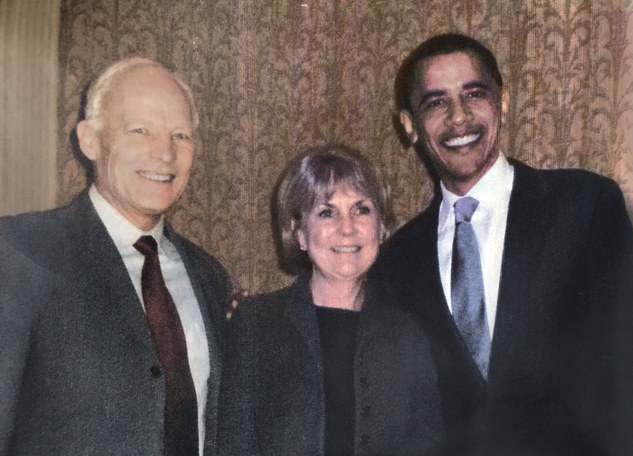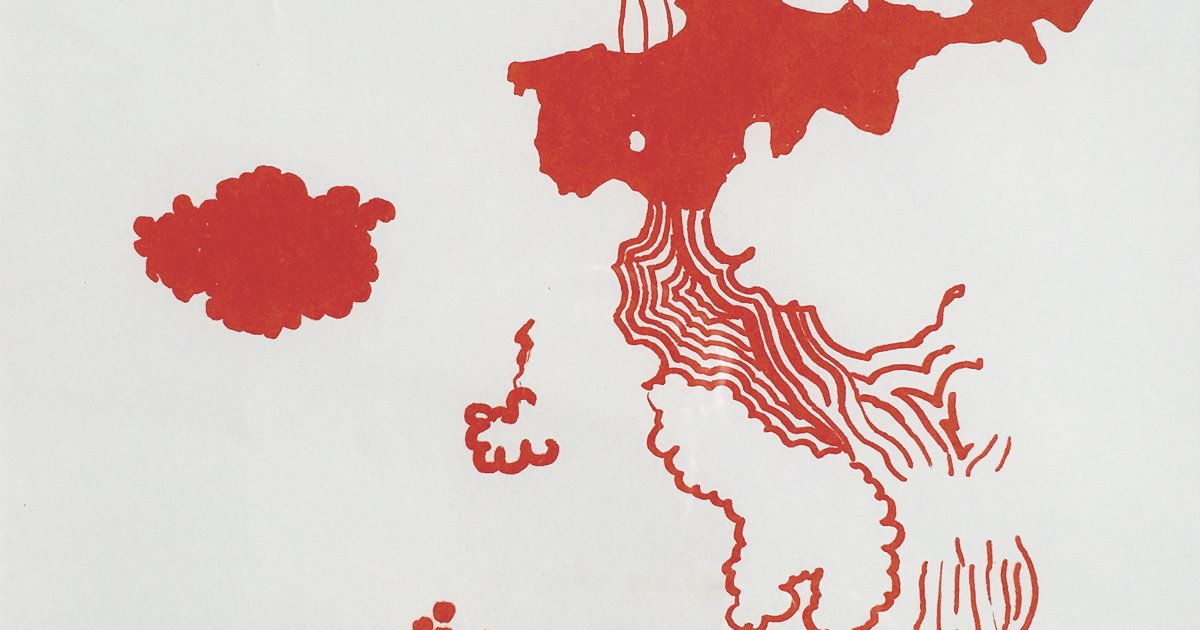“I refuse to accept the view that mankind is so tragically bound to the starless midnight of racism and war that the bright day break of peace and brotherhood can never become a reality – I believe that unarmed truth and unconditional love will have the final word.”
“I think dogs are the most amazing creatures; they give unconditional love. For me, they are the role model for being alive.” Gilda Radner
Our dog, Henri, might possibly be the best dog ever. Yeah, I know, most everyone thinks their dog is the best, and isn’t that wonderful. Henri, a brown labradoodle, just turned 12. He’s still pretty frisky for an old man because he has started almost every day of his life with a three-mile walk. He still turns heads even in this last phase of his life.
I’m not a natural dog lover, but I do love Henri. How can you not love someone who is totally forgiving and accepting and who looks at you with adoring eyes no matter your mood or state of mind. I often get annoyed and irritated with Henri when he gets too needy for attention or when he demands more work than I want to do, or costs more money than I want to spend, or traipses in dirt with his huge paws. He still loves me with no conditions. Henri likes nothing better than to lie down next to you and pass horrible stink bombs when you are trying to relax for a moment. In short, I love who Henri is, but he often brings out my darker side when he does what dogs do.
You get the picture. Henri is better at unconditional love than I am. He loves me for who I am no matter what I do. I love him for who he is until I don’t because of what he does. He exposes my intolerance and shows me up every day.
Unconditional love can be thought of as affection without any limitations or conditions. Most people agree that it is the type of love that is boundless and unchanging. In psychology, unconditional love refers to a state of mind in which one person has the goal of increasing the welfare of another without any expectation for reciprocity. Carl Rogers believed that individuals need other people in their lives who are genuine, open, accepting, empathic, and affirming. Abraham Maslow believed people need to develop a positive perspective of themselves in order to grow. Victor Frankl said, “the loving person enables the beloved to actualize potentialities.” To me, that’s all true AND it’s not enough.
Most religions also build unconditional love into the fabric of their faith. Christians believe in God’s love for a person independent of that person’s love for God. They believe God loves the world enough to suffer for us without preconditions. Jesus himself, however, according to the Bible, said that receiving his love is based on the condition of following his commandments.
In Judaism, Moses modeled unconditional love by the fact that he didn’t look for a redeeming factor in irredeemable sinners – he didn’t look for one in the first place. He acknowledged their sins and still loved them. He offered no excuses for their past behavior and no promises for the future. Who these people were, where they came from, and why they sinned was entirely irrelevant. He loved them for who they were as human beings independent of what they may have done. He loved them unconditionally – “if You erase them, You erase me. We are undividable, interlocked forever.” Moses taught that a person’s value cannot be measured by his capabilities, achievements, contributions, personality, or character. A person’s value cannot be measured at all.
Ah, to have a heart like Moses.
In Buddhism, unconditional love is expressed as loving kindness and compassion. In Hinduism, its meaning is expressed in religious devotion. In Islam, unconditional love can only be directed to Allah. The highest goal in Islam is related to the love of God. A Sufi prayer captures the notion of unconditional love very well:
“O Lord, if I worship You because of Fear of Hell,
Then burn me in Hell;
If I worship You because I desire Paradise,
Then exclude me from Paradise.
But if I worship You for Yourself alone,
Then deny me not your Eternal Beauty.”
Though not espousing any particular religious creed or doctrine, Unitarian Universalists generally believe that all human beings are worthy and in need of unconditional love through charity in the community and spiritual understanding. One of its seven principles is to respect the worth and dignity of all humans.
My friend Marty is the best role model for unconditional love as anyone I can think of – at least when it came to his now deceased dog. Marty always let Boomer walk at his own pace. If Boomer wanted to sniff at every tree he passed for ten minutes, Marty patiently waited. If Boomer got tired and decided to lay down in the middle of the sidewalk to rest for awhile, Marty just took a seat beside him until Boomer was ready to carry on. Marty definitely succeeded at unconditional love for his dog.
I’m afraid I impose far more conditions on my love for Henri. On our walks, he gets three sniffs and three pees during a 3-mile route. If he’s ahead of me on the leash, he gets to sniff a tree until I go past him and then he’s yanked forward. And he’s expected to walk at my pace – not his. I guess the best you could say about me is that I love my dog when he meets all my conditions. I fail at unconditional love when it comes to dogs.
On the other hand, I do well with providing my kids and grand-kids with unconditional love – probably too well. I live more on their terms than on my own. Growing up, they could do practically anything and I would still love them unconditionally – particularly my grand-kids. It probably would have been helpful if I had been more conditional as a parent. For example, I never made my kids rake the leaves in exchange for the privileged lives they led. Oh well, too late to start over with them, and I’m sure not going to put any such outlandish requests on my grand-kids! I do believe though that one of the worst things you can do to children is to spoil them.
I have to admit, in some cases I have no desire to exude unconditional love. I’m failing these days not only with dogs, but also with lots of people. The truth is I feel boundless hate for the lethal lunatic in the White House. I hate who he is and almost all of what he does. I hate the way he treats black people, brown people, old people, poor people, handicapped people, scientists, all women (poor Ivanka), innocent people, immigrants, deeply experienced civil servants and experts, truthful people, inquiring people, Mother Nature and the Constitution. And, sadly, I’m having a hard time feeling any love for the people who support him. I even hate the dog in the White House. “What dog?” you may ask. The white-haired, drooling lap dog named Mike who slobbers over every foul word and deed of his master. That dog takes unconditional love to a whole new level, but it serves as a great example of what happens when you spoil a child – he never grows up. Oy!! I’m afraid Moses would not be very proud of me. I guess it’s a good thing I’m not religious.
So, Martin Luther King, I hope you are right that “unarmed truth and unconditional love will have the final word.” I’m afraid though that love and truth are losing badly right now.
And Moses, I sure wish we all had hearts as big as yours. I love the fact that you made neither excuses or promises. You only offered opportunities to step up in the moment with the best you had, but I’m seeing a plethora of excuses and promises and a dearth of responsibility and compassion.
This unconditional love stuff is tricky business. I wish I could love unconditionally, but I’m not sure that’s always the best strategy. Even Jesus had strings on his love. Wouldn’t we all love to be the recipients of more warm hugs, unending patience, nurture, affirmation, empathy, love, kindness, compassion, and support. And yet, don’t we also benefit from being challenged, questioned, and urged to do better? I don’t know about you, but I have grown the most when demands and expectations have been placed upon me and there were clear conditions and standards for success. The ideal, of course, is to give and receive both loving support AND caring direction in our lives. Knowing when to nurture and when to nudge AND having the capabilities to do both well are the keys to success as parents, professionals and participants in life. It’s all about the right timing and balance.
I guess the best solution is to be more like dogs (human lap dogs excepted) and more like Martin, Moses, and Marty. We could probably all stand to be a bit more loving and a bit less conditional; but still – let’s tell the truth, set some standards and expect more from ourselves and the people we care about. May it be so.




Dogs Rule! Thanks Ricky
Ditto